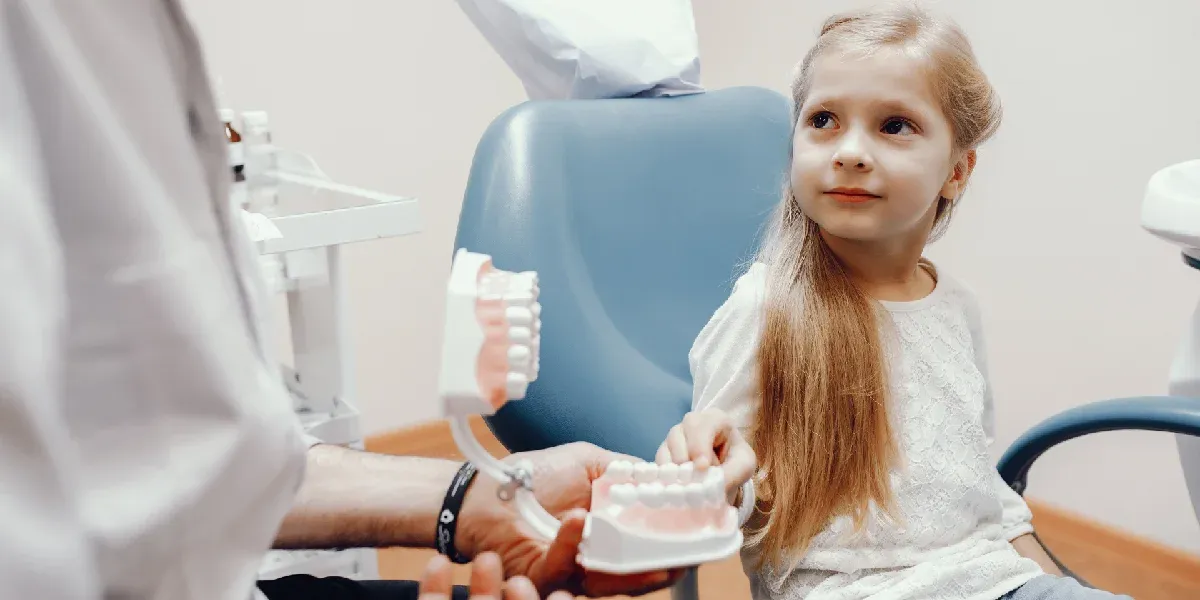
Understanding Wisdom Tooth Removal

When wisdom teeth are said to be impacted they can cause a variety of pain and discomfort. This may include everything from infection to chronic pain and even facial swelling. Any time any of these symptoms are experienced it is best to contact your dental care provider as quickly as possible. Wisdom tooth removal or extraction is a relatively common type of oral surgery. However, this largely routine procedure can get complicated if wisdom teeth have not erupted normally. Most patients will be referred to an oral surgery for more complex procedures. In other instances a general dentistry provider can remove wisdom teeth that have not erupted normally or that are impacted.
For Complete Healing to Occur
When determining whether or not it is best to remove wisdom teeth, your dentist will consider a wide variety of variables. When extraction is the preferred option the dentist will go over all of the details associated with the actual extraction procedure, recovery and aftercare. Patients can usually expect recovery following tooth extraction to take about 5 to 7 days. For complete healing to occur it takes anywhere from 3 to 5 weeks. Following the surgical extraction of wisdom teeth there are a number of steps that must be considered as a way to ensure full and complete healing as well as a successful recovery.
Lite Biting Pressure

For example, following wisdom tooth removal, patients can expect some amount of bleeding during the first 24 hours. Most experts agree that the best way to control any bleeding during recovery is to use a moist clean piece of gauze that is placed gently over the site of the extraction. Gentle biting pressure applied for 30 to 45 minutes should substantially reduce any bleeding. As an important note, anytime bleeding becomes heavy or excessive for extended periods it is essential to contact your dentist or oral surgeon immediately. While each patient is unique, sometimes stitches may be required while in other cases they may not be needed.
Long-Term Dental Health and Wellness
Keep in mind that there are different types of stitches in use today. Some stitches are self dissolving while others will call for removal at a later time. This is another aspect of wisdom tooth extraction surgery that should be discussed with your dental care provider. Proper aftercare for this type of surgery is essential to long-term dental health and wellness. It may involve the patient being prescribed pain medication. Antibiotics may also be prescribed as per the dental care providers assessment of your specific case.
A Soft or Liquid Diet
Aftercare also comes with a number of general recommendations that should be considered. This includes maintaining good oral hygiene by brushing and flossing as usual. That said it is good to avoid cleaning the teeth located directly adjacent to the extraction site. Patients should choose a soft or liquid diet including things like soup, Jell-O or pudding. It is recommended not to rinse the mouth immediately after tooth extraction for the initial first 24 hours. Once this 24 hour period has passed, patients can rinse gently using warm salt water. This should be done for five to seven days following surgery. It is best to rinse after each meal and just before going to bed. Contact your Stockton dentist for kids, Dr. Rizvi at Happy Kids Dental today to learn more about wisdom tooth removal.
Subscribe To Our Newsletter
Get Updates And Learn From The Best


